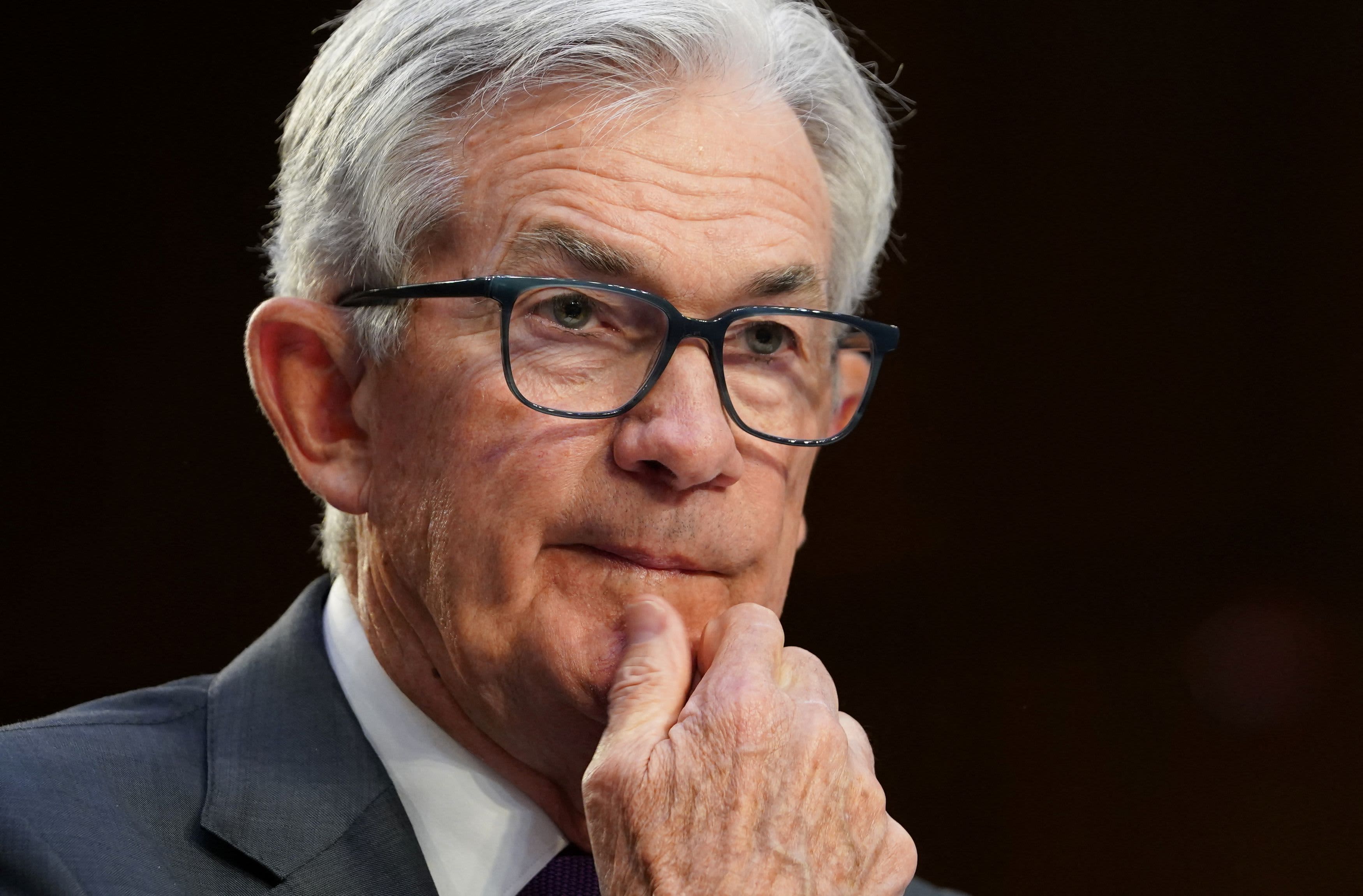
The failures of Silicon Valley Bank and Signature Bank in less than a week have rattled financial markets and injected a new dose of uncertainty into an already volatile global economy, while calling into question the Federal Reserve’s aggressive interest-rate-hike strategy. We share investors’ unease, but it’s also becoming increasingly clear that inflation will continue to decelerate in the coming months — potentially allowing the Fed to slow rate rises and give the nascent bull market a chance to soar. Inflation rose by 6% in February year-over-year, down from a 6.4% annual rise in January, according to the U.S. Labor Department’s monthly consumer price index (CPI) released Tuesday. That’s still well above the Fed’s inflation target of roughly 2%, but indicates a continued easing of rising prices. Moreover, the Fed’s rapid interest rate increases over the past year — bringing the federal funds rate to its highest level since 2007 — undoubtedly played a role in the downfall of both Silicon Valley Bank (SVB) and Signature. Those events have led to the biggest upheaval in the financial sector since the Great Recession of 2007-2009, likely tempering the Fed’s rate trajectory. Other recent data points that show inflation is softening could add further impetus to the Fed altering course, either by slowing the pace of rate hikes or pausing them altogether. Morgan Stanley in a research note Tuesday highlighted that home prices declined for six consecutive months, as of Dec. 2022, according to the Case-Shiller national home price index. On an annual basis, Morgan Stanley analysts expect price appreciation to decelerate in the coming months, predicting a 3.6% annual increase in January, down from the 5.8% and 7.6% rises seen in December and November, respectively. Homes, though, still aren’t becoming more affordable for most buyers, resulting in waning demand — and that’s exactly the kind of scenario the Fed has been trying to engineer. Existing home sales are actually falling faster now than during the Great Recession. And perhaps even more telling, Morgan Stanley highlighted a 38% decline in mortgage applications in February compared with a year ago. At the same time, the fall of SVB suggests other banks will need to raise deposit costs to stem outflows due to the increased competition offered by higher-yielding Treasuries. That, in turn, could squeeze many banks’ net interest margins — the difference between the money a bank makes on loans and what it pays customers for their deposits — and further restrict lending activity, according to Morgan Stanley. The analysts argue such a development could weigh on corporate earnings and growth, leave fewer dollars circulating in the economy — and ultimately relieve inflationary pressures. Consumer spending also shows further signs of slowing, Morgan Stanley said, as U.S. shoppers are relying less on excess savings accumulated during the Covid-19 pandemic and more on income, credit cards and other types of loans. The bank predicts consumer spending will bottom out in the second quarter of this year, before slowly rebounding in late 2023. Given that spending activity accounts for nearly 70% of U.S. gross domestic product (GDP), a more cautious consumer would certainly help the Fed in stamping out inflation. Bottom line Inflation appears set to decline in the coming months. That would be a major positive, as it would allow the Fed to take a more moderate approach to interest rate hikes at a time when the financial sector has come under unexpected strain. To be clear, the market is expecting the Fed to raise interest rates by 25 basis points at its meeting next week. But this week’s price data — combined with the deflationary ripple effect of the SVB failure — makes clear that a more modest rate increase should not risk a rebound in inflation. ( See here for a full list of the stocks in Jim Cramer’s Charitable Trust.) As a subscriber to the CNBC Investing Club with Jim Cramer, you will receive a trade alert before Jim makes a trade. Jim waits 45 minutes after sending a trade alert before buying or selling a stock in his charitable trust’s portfolio. If Jim has talked about a stock on CNBC TV, he waits 72 hours after issuing the trade alert before executing the trade. THE ABOVE INVESTING CLUB INFORMATION IS SUBJECT TO OUR TERMS AND CONDITIONS AND PRIVACY POLICY , TOGETHER WITH OUR DISCLAIMER . NO FIDUCIARY OBLIGATION OR DUTY EXISTS, OR IS CREATED, BY VIRTUE OF YOUR RECEIPT OF ANY INFORMATION PROVIDED IN CONNECTION WITH THE INVESTING CLUB. NO SPECIFIC OUTCOME OR PROFIT IS GUARANTEED.
Federal Reserve Chair Jerome H. Powell testifies before a U.S. Senate Banking, Housing, and Urban Affairs Committee hearing on “The Semiannual Monetary Policy Report to the Congress” on Capitol Hill in Washington, U.S., March 7, 2023.
Kevin Lamarque | Reuters
The failures of Silicon Valley Bank and Signature Bank in less than a week have rattled financial markets and injected a new dose of uncertainty into an already volatile global economy, while calling into question the Federal Reserve’s aggressive interest-rate-hike strategy. We share investors’ unease, but it’s also becoming increasingly clear that inflation will continue to decelerate in the coming months — potentially allowing the Fed to slow rate rises and give the nascent bull market a chance to soar.
Free America Network Articles

